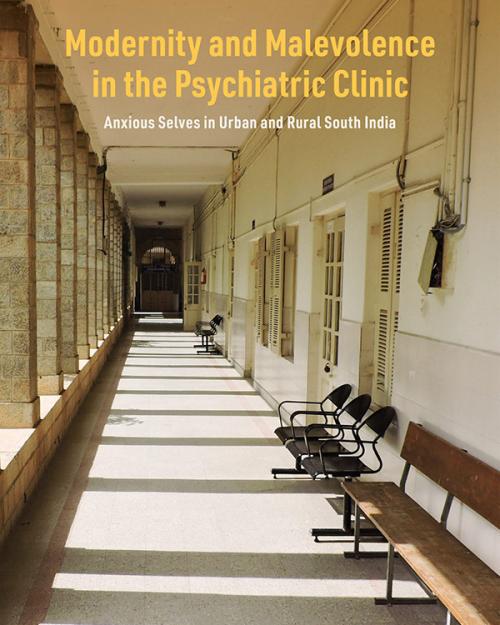Faculty
Chloe Ahmann was awarded a National Science Foundation EAGER Grant for her project, After Apocalypse.
Amiel Bize is part of the project team for “Disturbing Settlement: Community-Engaged Design for Land and Animals,” which received a Curriculum Development Grant.
Saida Hodžić is part of the project teams for “Learning from Movements: Refuge, Asylum, and Activism Across and Beyond Borders” and “Migration and Refuge: Collaborations Across Borders,” which both received Curriculum Development Grants.
Lori Khatchadourian and Adam T. Smith were selected as finalists for Falling Walls Science Breakthroughs of the Year 2023 in the category Social Sciences and Humanities. Their project is: Cultural erasure: Saving the walls of humanity’s past.
Stacey Langwick was awarded a summer 2023 Engaged Opportunity Grant from the David M. Einhorn Center for Community Engagement for her project:
A Community-Engaged Healing Garden in Moshi, Tanzania
Decolonizing the ways public gardens create and sustain plant collections
Stacey Langwick also received an Engaged Research Project Grant through the David M. Einhorn Center for Community Engagement. Professor Langwick's project is: Reimagining Medicine Against Climate Change: Designs for Land-Based Learning, Research and Healing in a Tanzanian Teaching Hospital.
Alex Nading is the project director for the Cornell-led project team that received a two-year $250,000 design grant from the National Science Foundation. The Global Center for Household Energy and Thermal Resilience (HEaTR) aims to promote climate vulnerability solutions by analyzing and sharing the practical housing adaptation strategies of communities most affected by climate extremes.
Natasha Raheja was named a 2023-24 faculty fellow by the Cornell Center for Social Sciences. Professor Raheja is devoting her fellowship time to working on a book manuscript about minority-majority politics and migration in South Asia.
Matthew Velasco and colleagues Lauren Kohut (Winthrop University) and BrieAnna Langlie (Binghamton University) were awarded a three-year $292,000 Collaborative Research Grant from the National Science Foundation to support their forthcoming archaeological research in the Colca Valley, Peru. Their project investigates prehistoric farming practices to understand how wealth and inequality are generated under conditions of crisis.
Sofia Villenas is part of the project team for “Engagement with Immigrant Farmworkers to Improve Individual and Community Well Being,” which received a Community Engagement Grant.
Andrew Willford is part of the project team for “A Biosphere on the Move: Exploring Coexistence during Climate Transition in Nilgiris, India,” which received a Cross-Disciplinary Team Research Grant.
Samantha Sanft was one of six postdoctoral scholars honored with Postdoc Achievement Awards as part of Cornell’s participation in National Postdoc Appreciation Week in late September. She received the Achievement Award for Excellence in Community Engagement.
Graduate Students
Karina Beras was awarded a Provost Diversity Fellowship. The tentative title of Karina’s project is Safeguarding Sovereignty: Anti-Blackness and Nationalism in the Dominican Republic.
Itamar Haritan received a Cornell Fulbright-Hays awards.
Akhil Kang‘s article won the Feature of the Year Award at The Rainbow Awards for Literature & Journalism.
Rogelio Scott Insua was awarded a Wenner-Gren Dissertation Fieldwork Grant. Rogelio's project is “The Articulations of Psychoanalysis and Genomics: Neuromuscular Diseases, Epistemic Cultures, and Medical Modernities in Brazil”. He will spend this entire year conducting ethnographic fieldwork at a genomic medicine clinic in São Paulo, Brazil, that has developed an otherwise unlikely collaboration with Lacanian Psychoanalysts to treat cases of neuromuscular dystrophies.
Ami Yayra Tamakloe received a Cornell Fulbright-Hays awards.





